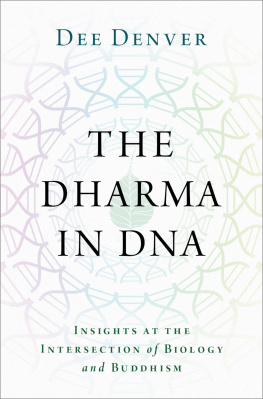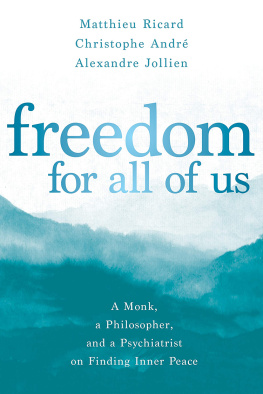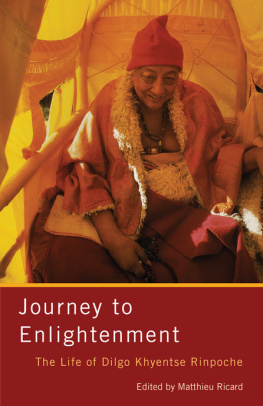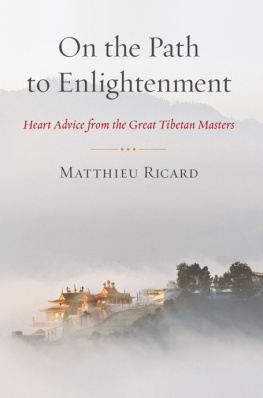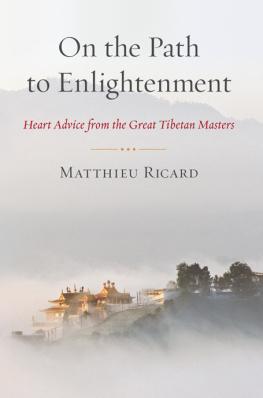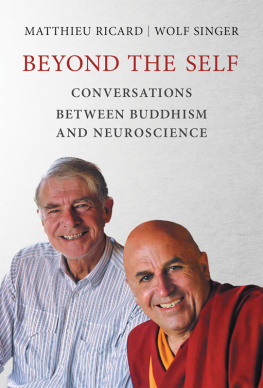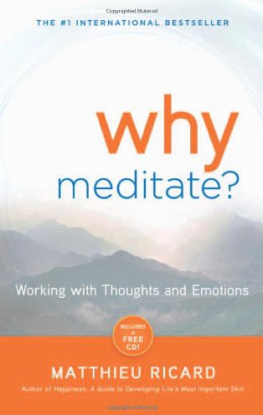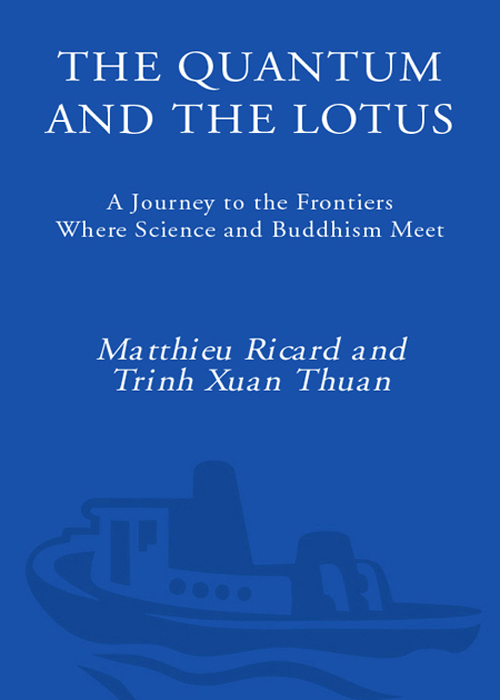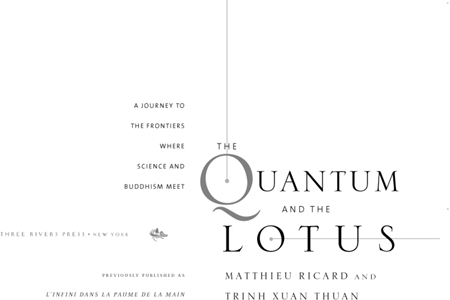How should I lead my life? How should I live in society? What is knowable? These three questions have puzzled mankind through the ages. Ideally our lives should lead us to a feeling of plenitude, so that we have no regrets at the moment when we die. Life in society should inspire us with a sense of universal responsibility. Knowledge should teach us about both the nature of the world around us and about our own minds.
These same questions lie at the heart of the practices of science, philosophy, politics, art, social work, and spirituality. Artificially compartmentalizing these activities, as so often happens in our lives today, leads inevitably to diminished perspectives. Without a wisdom bred of altruism, science and politics are double-edged swords, ethics is blind, emotions run wild, and spirituality becomes illusory.
From the seventeenth century, the time of the scientific revolution, to the present day, many people have considered science to be synonymous with knowledge. The exponential increase in the accumulation of information driven by the rise of science is not about to slow down. Meanwhile, religious practice has declined in democratic, secular states, while often becoming more radical in religious states. The great spiritual traditions, whether they were dogmatic or based rather on pure contemplative experience, provided powerful ethical rules that people could use to structure and inspire their lives. As science has developed, many people have become disillusioned with the teachings of the world's religions, and a secular faith in the revelations of science and the efficiency of technology has evolved. Others, however, point out that science is incapable of revealing all truths, and that while technology has produced huge benefits, the ravages it has caused are at least as great. What is more, science is silent when it comes to providing wisdom about how we should live.
The correct view of science is as an instrument, intrinsically neither good nor bad. Either praising it to the skies or damning it is as senseless as applauding or criticizing strength. The strength of an arm can kill as well as save. Scientists are no better or worse than other human beings in general. Science does not produce wisdom. While the insights of science can help us change our world, only human thought and concern can enlighten us about the path we should follow in life. As a complement to science, therefore, we must also cultivate a science of the mind, or what we can call spirituality. This spirituality is not a luxury but a necessity.
Over the last twenty years, a dialogue has been conducted between Buddhism and science, largely because of an interest in science shown by certain Buddhist thinkers, notably the Dalai Lama. In 1987, businessman Adam Engle and scientist Francisco Varela first organized what has become a regular series of encounters between the Dalai Lama and a number of eminent scientists: neurologists, biologists, psychiatrists, physicists, and philosophers. As the participants wrote: An extraordinary quality of these meetings has been the open-minded yet critical attitude of the Buddhists and the scientists, both eager to expand their horizons by learning of the methods of inquiry and the insights of the other. Published accounts of these Mind and Life by B. Alan Wallace. The conversations recorded in this book were undertaken in very much the same spirit.
The main difference between the pursuit of knowledge in science versus the same pursuit in Buddhism is their ultimate goals. In Buddhism, knowledge is acquired essentially for therapeutic purposes. The objective is to free ourselves from the suffering that is caused by our undue attachment to the apparent reality of the external world and by our servitude to our individual egos, which we imagine reside at the center of our being.
Buddhism stresses the importance of elucidating the nature of the mind through direct contemplative experience. Over the centuries it has devised a profound and rigorous approach to understanding mental states and the ultimate nature of mind. The mind is behind every experience in life. It is also what determines the way we see the world. It takes only the slightest change in our minds, in how we deal with mental states and perceive people and things, for our world to be turned completely upside-down.
Profound as the findings of Buddhism are, it is important to keep in mind as you read this book that the Buddha's teachings are not dogmatic. The teachings should be considered as the insights of a guidebook that allows the traveler to follow in the Buddha's footsteps. Buddhism stands ready to revise its beliefs at any moment if they are proved to be wrong. Not that it has any doubts about the basic truth of its discoveries, nor does it expect that the results it has built up over 2, 500 years of contemplative science will suddenly be invalidated. The teachings of Buddhism are based entirely on experience. In its quest for knowledge, Buddhism does not run away from contradictions; it feeds on them. The countless metaphysical debates that it has conducted over the centuries with Hindu philosophers, and the dialogues that it continues to have with science and with religions, have allowed it to hone, focus, and widen its philosophical ideas, its logic, and its understanding of the world.
But Buddhism's open-minded attitude is not cheap opportunism. It has an impressive philosophical tradition to offer, as well as profound and inspiring texts on the contemplative life, and a spiritual practice that requires unbreakable perseverance. The inner transformation that leads to enlightenment is quite different from philosophical research or investigation in the natural sciences. Buddhism is basically a science of enlightenment.
The dialogues you are about to read are not intended to make science sound mystical, or to bolster the beliefs of Buddhism with the discoveries of science. The aim is to appreciate the way in which science fits into a larger conception of life that takes account of the important role of
These dialogues reflect the perspectives of two quite different lifestyles: that of an astrophysicist who was born a Buddhist, and who wanted to confront his scientific knowledge with his philosophical origins; and that of a Western scientist who became a Buddhist monk, whose personal experience has led him to compare these two approaches to reality.
Trinh Xuan Thuan's life encompasses three cultures: Vietnamese, French, and American. He was born in Hanoi in 1948 during the colonial war, six years before the French defeat at Dien Bien Phu. He was educated in French schools. Deeply impressed by French culture, in 1966 he decided to study physics in France, because he thought that it could answer some of the questions he was asking himself about the world. But General de Gaulle's famous speech made that very year in Phnom Penh, demanding the immediate retreat of all American troops from Southeast Asia, put an end to his plans. The Vietnamese government broke off diplomatic relations with France, and the Vietnamese people could no longer go there to study. After a year at the University of Lausanne, in Switzerland, Thuan left for the United States, where he was drawn to the California Institute of Technology, the Mecca of astrophysicists. In particular, Cal Tech ran a telescope with a mirror diameter of five meters on Mount Palomar; this was the largest telescope in the world in 1967. The shadow of Edwin Hubble, who discovered the galaxies outside the Milky Way and their outward motion, which led to the theory of the expanding universe, lay over the campus.


